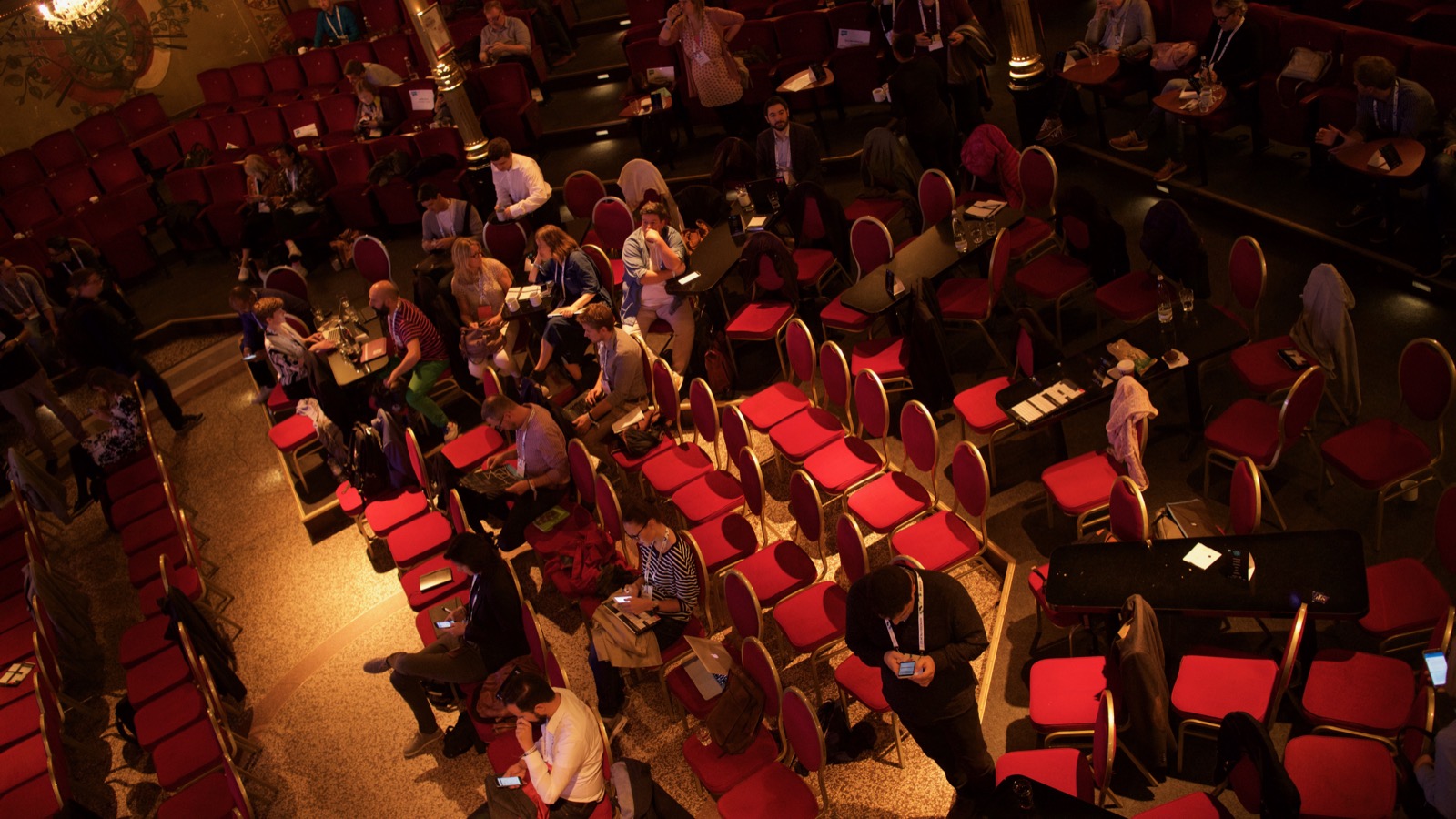online publishing

Why is online news still such a miserable experience? Paid Members Public
Dave Winer asks a good question about the state of online news

The new original sin of online publishing Paid Members Public
John Battelle thinks we actually figured out online publishing a decade ago – and then we screwed it up. How? We handed power to the social networks [https://shift.newco.co/we-can-fix-this-f-cking-mess-bf6595ac6ccd#.f5u7l6i6x]: > Again, for emphasis: despite all the whizzy bang-y social media we’ve invented these past ten years,
Medium just became an online magazine platform Paid Members Public
[https://i1.wp.com/www.onemanandhisblog.com/content/images/2014/06/medium-logo-jun-2014.png] An e-mail arrives from Medium, outlining the changes to their Collections [https://medium.com/the-story/the-future-of-collections-79e6ea385113] (collections of articles posted on Medium): > Collections will have now have three types of participants: Owner, editor, and writer. * The
Rethinking writing for the phone age Paid Members Public
Craig Mod, interviewed at Nieman Journalism Lab [http://www.niemanlab.org/2014/04/qa-craig-mod-on-making-writing-more-mobile-friendly-and-where-digital-publishing-is-headed/] : > But the iterative component of the writing process, and also the flow of using the smartphone, that was really just coming from “how do we treat this, and what part of writing feels indigenous to
Online publishing needs to get personal Paid Members Public
Andrew Sullivan nails why traditional publishing brands struggle [http://andrewsullivan.thedailybeast.com/2012/10/why-not-do-away-with-print.html] to bring their readers with them online, in a piece about personal migration on reading from print to digital forms: > But it takes guts to actually make the change. An individual can, overnight.
Online publishing is not necessarily the next home of traditional publishers Paid Members Public
Matthew Ingram has written a typically thoughtful and insightful piece about the bind newspaper publishers find themselves in [http://gigaom.com/2012/04/03/why-digital-native-media-will-almost-always-win/], all inspired by this graph from LinkedIn [http://blog.linkedin.com/2012/03/08/economic-report/]: [https://i1.wp.com/www.onemanandhisblog.com/content/images/2012/
Researching Media Law and Online Publishers Paid Members Public
Judith Townend [http://posterous.com/people/4wjLiFjs3sWt], she who has given up life at journalism.co.uk for PhDing, is running a survey around media law and online publishers/bloggers [http://fromtheonline.com/2010/08/20/whats-a-journalist-and-do-they-understand-law/] . Help academia flourish by filling it out [https://spreadsheets.google.com/viewform?hl=







